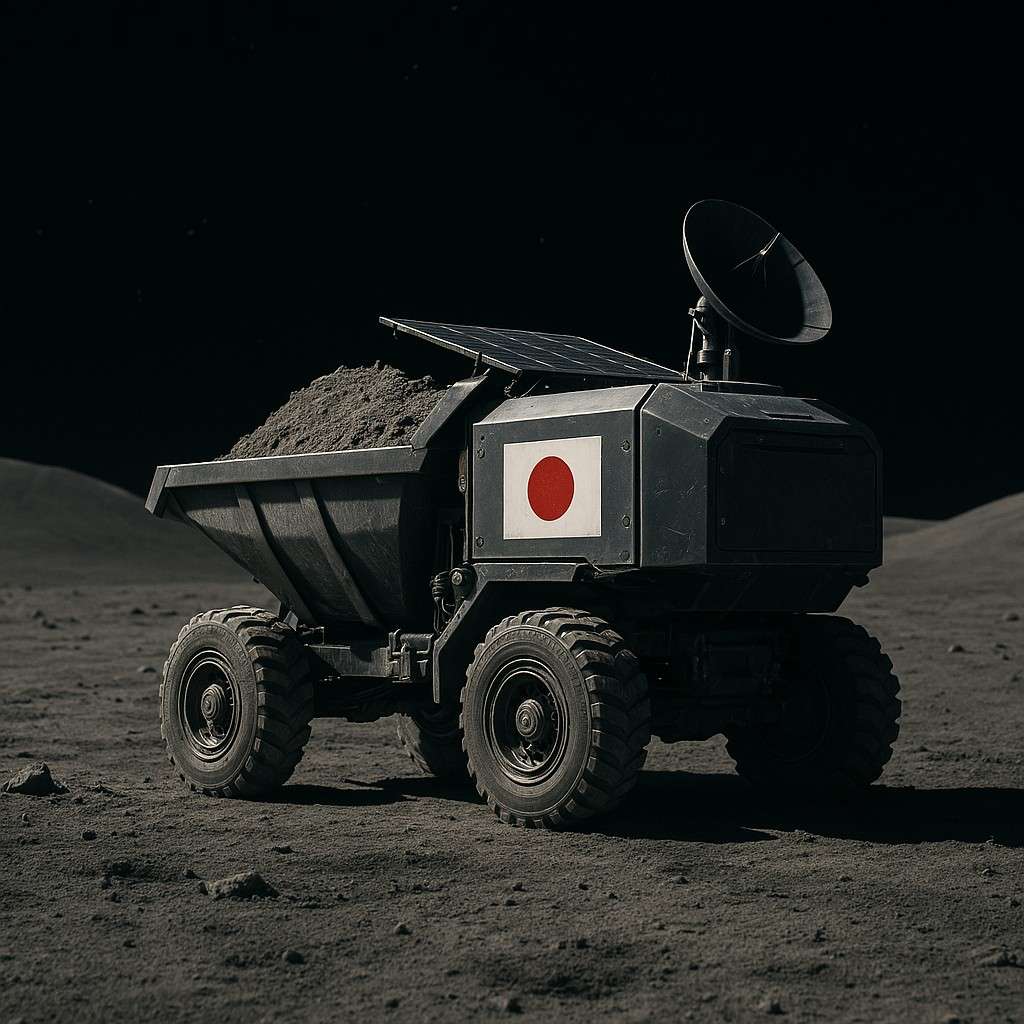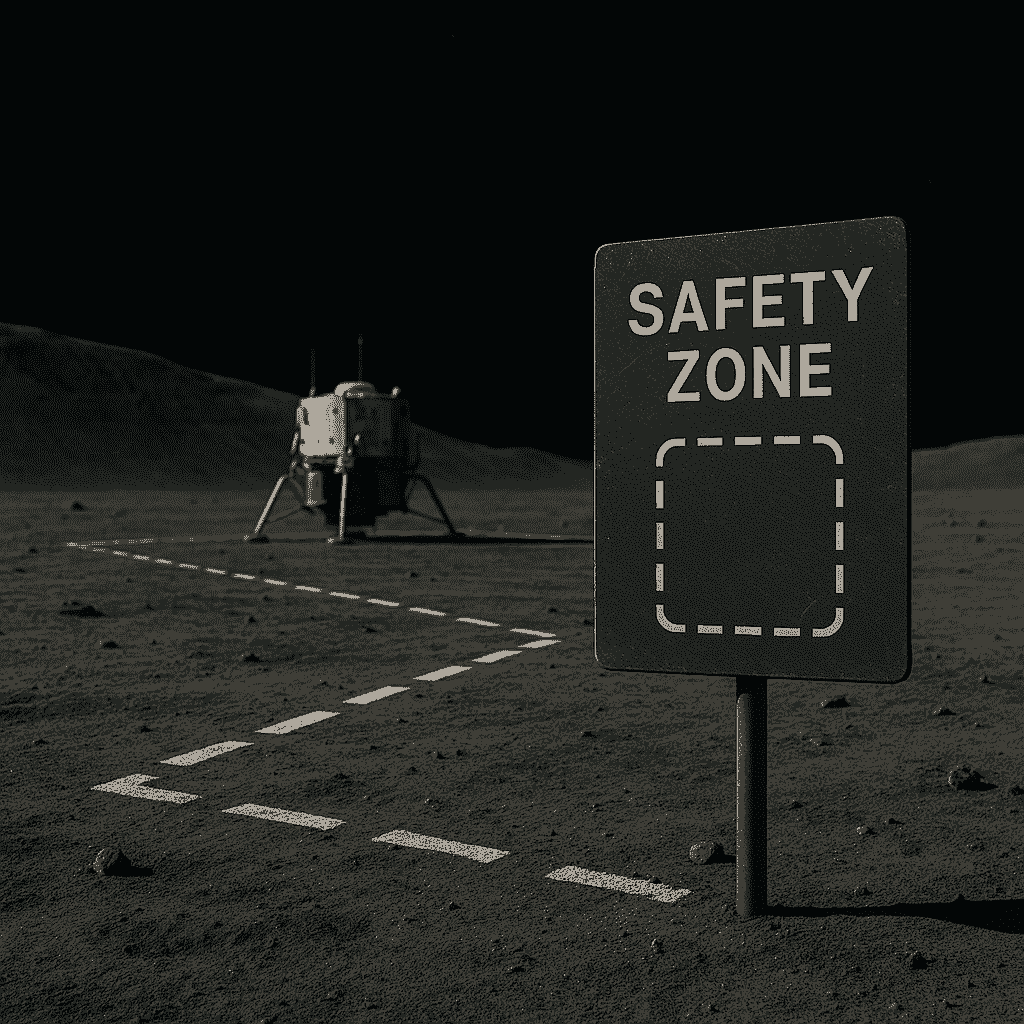There was a time when mining in space felt like pure fiction. But now, it’s real policy, real investment, and very real competition. With the Moon, Mars, and the asteroid belt all within the crosshairs of future space missions, governments and private companies alike are laying legal and economic groundwork to harvest natural resources far beyond Earth.
Among the most active players in this game are the United States, Luxembourg, Japan, and the United Arab Emirates (UAE). These countries have each introduced national legislation that allows companies to extract and own space resources. But how do their laws compare? And do they actually matter if international space law hasn’t caught up?
United States: Where It All Started
In 2015, Barack Obama signed the Commercial Space Launch Competitiveness Act, which, for the first time, allowed American companies to extract and own resources in space. This move was largely driven by the growing ambitions of the space industry, including startups like Deep Space Industries and individuals like Rick Tumlinson, who pushed hard for a clear legal basis to mine in outer space.
Key features of the U.S. law:
- It grants U.S. citizens and companies the right to possess, own, transport, use, and sell any space resources they obtain through commercial recovery activities.
- It explicitly denies any claim of sovereignty or national appropriation, reaffirming U.S. adherence to the Outer Space Treaty.
- It does not include a dedicated mining license system, but all commercial missions must comply with U.S. licensing and payload review protocols under the FAA and other federal agencies.
The Act was further supported by a 2020 Executive Order reinforcing that space is not a global commons and encouraging international support for commercial resource use. The U.S. also launched the Artemis Accords, which stress transparency and coordination in space activities. While national in scope, these moves helped establish a precedent for commercial ownership of extracted space materials, without claiming territory.
Luxembourg: The First European Nation to Follow
Just two years after the U.S., Luxembourg became the first European nation to pass its own space mining law. The Law on the Exploration and Use of Space Resources, adopted in 2017, offered a strong legal foundation for companies looking to operate in space under Luxembourg’s jurisdiction.
What sets Luxembourg apart:
- Article 1 of the law declares that space resources are capable of being owned, offering one of the clearest affirmations of commercial rights to space materials.
- Companies must apply for mission-specific authorizations from the Ministry of the Economy, which provides regulatory oversight and ensures compliance with international cooperation obligations.
- Only companies incorporated in Luxembourg (or with offices there) are eligible, tying resource benefits to the national economy.
The government also established the Luxembourg Space Agency and launched funding initiatives to attract tech-forward startups in the space industry. Firms like ispace Europe have set up shop in Luxembourg, taking advantage of both legal clarity and financial incentives.
Japan: A Careful but Strong Entry

In 2021, Japan enacted the Act on the Promotion of Business Activities for the Exploration and Development of Space Resources, further expanding the group of countries supporting commercial access to natural resources in space.
The highlights of Japan’s approach include:
- Resource extraction requires a government permit based on a detailed mission plan reviewed by the Prime Minister’s office in coordination with the Ministry of Economy, Trade, and Industry.
- Once a permit is granted, the entity is legally recognized as the owner of the extracted resources.
- The law is closely integrated with Japan’s 2016 Space Activities Act, which governs satellite launches and other commercial operations.
Japan has already applied its legal framework in practice: the government granted its first permit to ispace for a Moon mission that planned to transfer lunar regolith to NASA. Although the mission didn’t succeed in collecting material, the legal infrastructure to support future mining efforts is now firmly in place.
United Arab Emirates: Catching Up Quickly
The UAE might be a newer player in space, but it’s making bold moves to become a regulatory leader. After adopting a broad Space Activities Law in 2019, it rolled out the Space Resources Regulation in 2023 to directly address the mining of space resources.
What the UAE law includes:
- A two-step licensing system: all operators must first be authorized for general space activities and then obtain a separate permit specifically for resource extraction.
- Legal recognition that approved operators own the materials they extract, provided their mission complies with UAE authorization and supervision rules.
- Strict oversight by the UAE Space Agency, including environmental protection measures, international coordination, and prevention of harmful interference.
The UAE’s legal framework echoes the goals of international space law, especially the Outer Space Treaty, but focuses heavily on commercial viability and utilization of resources. It has already positioned the country as a rising hub for both public and private sector missions.
Do These Laws Really Matter Without Global Rules?

Here’s the catch: all these national laws only apply within their own borders. So what happens when two countries want to mine the same asteroid?
Imagine this: A U.S.-based company and a Luxembourg-based company both launch missions to mine the same chunk of the asteroid belt. Both countries legally recognize ownership of space resources, but neither has the right to claim the asteroid itself. There’s no international court to settle this. So who wins?
Realistically, it becomes a matter of first come, first served. Whoever reaches the resource first and begins operations may be seen as the de facto owner. This approach is echoed in the Artemis Accords, which promote the creation of non-binding “safety zones” – areas around active missions to prevent conflict and interference.
However, if overlapping claims occur or if another country (not party to the Accords) contests the activity, there’s no global body to mediate. This could lead to escalating disputes, especially as valuable sites like lunar poles or specific asteroids become more crowded. Without international regulation, we rely on informal coordination, mutual respect, and maybe a bit of luck.
Why International Law Still Needs to Catch Up
Right now, we’re seeing a race to set the rules of the game through national laws and voluntary accords. But international space law, especially the Outer Space Treaty, wasn’t built with mining in mind.
And while the Moon Agreement tried to address this by labeling the Moon and its resources as the common heritage of humanity, most major space nations (including the U.S., Luxembourg, Japan, and the UAE) never signed it.
This legal patchwork leaves a lot of open questions:
- Who arbitrates if a dispute arises?
- Can one country’s permit be recognized by another?
- How do we ensure fair access and prevent resource hoarding?
Until we have a globally accepted framework, countries will keep making their own rules. That’s not necessarily a bad thing – it encourages innovation. But it also increases the chance of friction as ambitions grow and space resources become more valuable. A clearer global consensus on national appropriation, appropriation by claim, and what counts as “use” is essential if we want to avoid future space conflicts.
From Local Laws to Shared Standards
The first legal steps toward space mining have been taken by a few nations willing to move without waiting for the world to catch up. The United States, Luxembourg, Japan, and the UAE have all built their own frameworks to support a future where harvesting resources beyond Earth is not only possible but legitimate.
But national ambition can only take us so far. In a place where borders don’t exist, we’ll eventually need more than separate legal systems acting in parallel. Without shared rules, one company’s mining rights could easily become another country’s legal headache.
We’re still early in this journey. But if we want the future of space to be productive and peaceful, it’s going to require countries working together to fill in the legal gaps, build trust, and find common ground for how we share the stars.